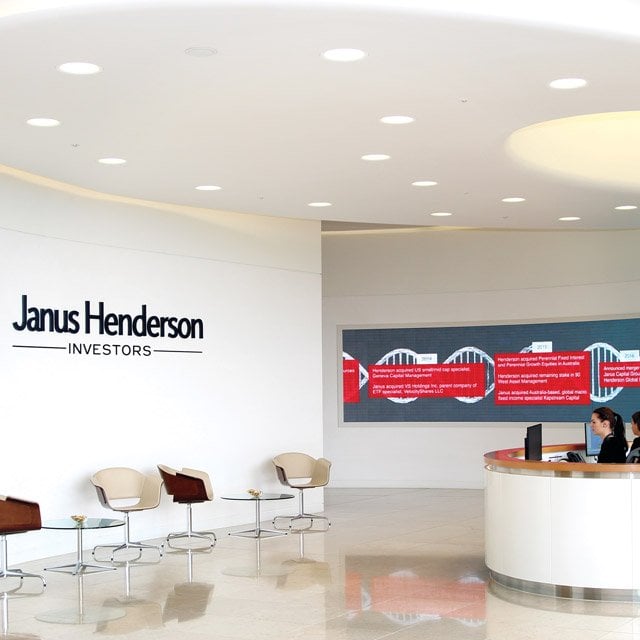Janus Loaded Its Retirement Plan With Underperforming Proprietary Funds, Suit Claims

The suit goes on to state that while including proprietary funds in a plan’s investment menu “is not a per se breach of the duty of loyalty or prudence, a fiduciary’s process for selecting and monitoring proprietary funds is subject to the same duties that apply to selecting and monitoring nonproprietary funds.”
Based on Janus’ “retention of proprietary funds over less expensive, superior nonproprietary funds, it is reasonable to infer that Defendants’ process for selecting and monitoring the Janus Henderson Funds was disloyal and imprudent,” the suit states.
Janus’ “favoritism has led to the payment of excessive investment management fees by participants to Janus Henderson, a failure to prudently monitor and remove the underperforming proprietary Janus Henderson Funds, and a failure to engage in a prudent and loyal process in the selection of new Plan investments,” the suit contends.
Higher Fees Than Comparable Plans
Even compared to other actively managed funds, the Janus Henderson Funds “charged higher fees relative to nonproprietary alternatives selected by similarly sized plans. So, it is reasonable to infer that Defendants failed to properly investigate lower-cost, nonproprietary alternatives,” the suit states.
Throughout the putative class period, annual investment fees paid by plan participants were at least 0.45% to 0.50% of total plan assets, consistently higher than the average 401(k) plan of similar size, the suit states.
“But excluding the Plan’s nonproprietary options (all of which are passively managed investments) results in annual investment fees of at least 0.64% to 0.68% of total Plan assets. In contrast, the average 401(k) plan with $250 million to $500 million in assets had total plan costs of 0.44% in 2016, down to 0.42% in 2018, the most recent year for which total plan cost data is available,” the suit said.
In 2018, the most recent year for which average fee data is available, the suit continues, “the Janus Henderson Funds’ fees exceeded the average expense ratio for funds within the same asset class category among plans with $250 million to $500 million in assets by an average of 62%.”
It adds: “When looking only at leading actively managed funds invested in similar styles to the Janus Henderson Funds, the excessive fees are approximately 25% and as high as 131% above average.”




